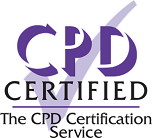Safeguarding in Social Care
For those working in a social care environment it is vital to understand the importance and principles of safeguarding and the role staff play in it. The online training course includes information on how to safeguard children, young people and adults by covering several different topics and is essential training for those working in social care.
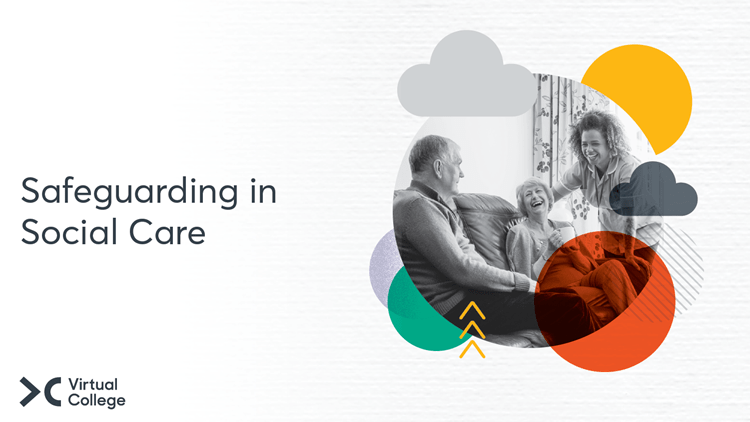
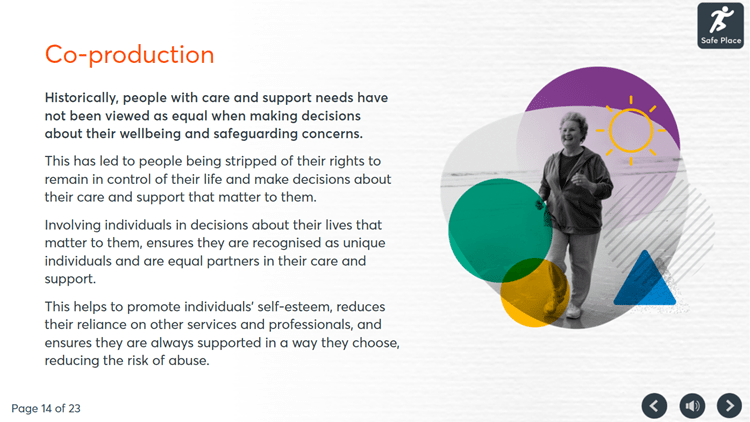
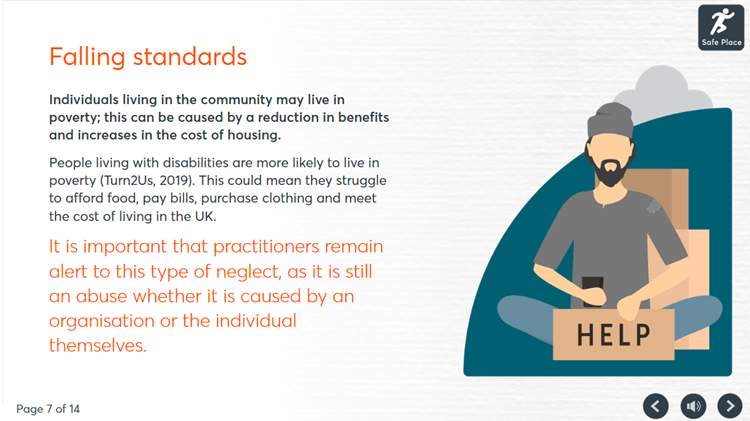
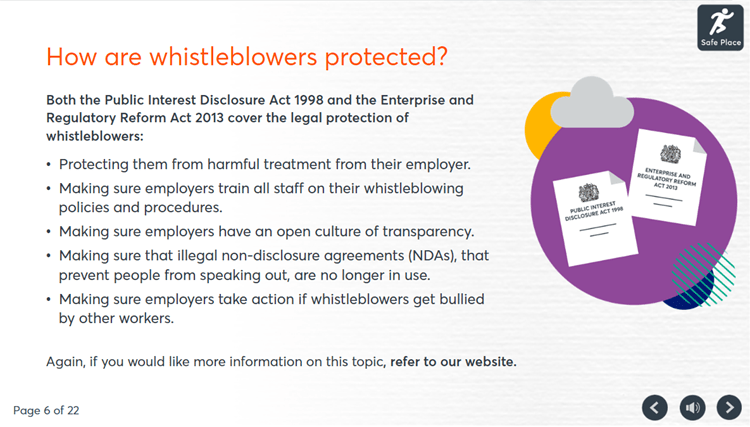




Course Overview
Format
- Intermediate
- 15-16 Study Hours
- Online Study
- Self-Printed Certificate
Accreditation
- 4 CPD Points
- CPD Certified
Course description
Anyone working in a social care environment needs to understand their own responsibilities when it comes to safeguarding in their work setting.
This course introduces learners to safeguarding children, young people and vulnerable adults in the social care environment.
This course introduces safeguarding as a topic, covering jargon, legislation, multi-agency working and best practice, as well as how to identify the signs and symptoms of the different types of abuse and what you should do if you suspect a vulnerable individual is being abused or if they disclose abuse. The core content also covers national and local context, whistleblowing, record-keeping and reporting, and focuses on your role and what you can do to recognise and reduce the likelihood of abuse. The course also covers the following topics, which are specific to safeguarding in a social care setting:
- What dignity in care means for adults and children, and how to promote it
- Dignity, human rights and equality
- Understanding mental capacity and the principles and code of practice of the Mental Capacity Act
- Assessing mental capacity and making best interest decisions
- Deprivation of Liberty Safeguards and Liberty Protection Safeguards
- Information sharing, confidentiality and consent
- Person-centred care, personhood and individuality
- Person-centred care – thinking and planning, positive risk-taking and active participation
- How to use effective supervision in practice
- Pressure care
- Causes, symptoms and impacts of the different types of dementia
- Early diagnosis and living well with dementia
- Supporting someone with dementia
- Risk factors for domestic abuse
- The Power and Control Wheel and the impact of domestic abuse on children and vulnerable adults
- Key principles for helping victims of domestic abuse and the MARAC process
The course also includes challenges for learners to check their understanding as the course proceeds, plus interactive infographics and scenarios to illustrate the points being made.
You will learn
- Explain the importance of multi-agency cooperation
- Define safeguarding in respect to adults and in respect to children and young people
- Describe what you need to do if a vulnerable adult or child makes a disclosure or if you suspect abuse
- List the signs and symptoms of the different types of abuse and list the ways in which you can reduce the risk of abuse
- Explain what is meant by dignity and outline how to promote an individual’s dignity
- Explain what confidentiality and consent are
- Outline person-centred values and how these can be followed in practice
- Identify the signs and symptoms of dementia in all its types and outline the impact of dementia
- Outline why it is important to assess mental capacity and understand how to carry out an assessment
- Describe the impact and effects of domestic abuse and outline the behaviours displayed by an abusive person
- Describe best practices for supporting those experiencing domestic abuse
Who is it for?
Roles including:
- Social Workers
- Youth Workers
- Probation Worker
- Care Worker
- Councillor
Legislation
Legislation covered in this course includes:
- Human Rights Act 1998
- The Equality Act 2010
- The Care Act 2014
- Mental Capacity Act 2005 (to be replaced with Mental Capacity (Amendment) Act 2019)
- Universal Declaration of Human Rights 1948
- Equality Act 2010
- The Children and Families Act 2014
How the online courses work
-
Find a course
To begin searching for your online training you can click on the course category section on our website and browse through all of our training categories.
Alternatively if you already know the title of the training you’re looking for you can use the search bar located in the centre of the homepage and go directly to the course you want.
-
Buy the course
When buying one of our courses, you will need to enter a valid email address which will be used to create your account with our Learning Management System – Enable – where you will take the training. We will also send your purchase receipt to this email address, and any additional courses purchased in future using the same email address will be added to your system account.
Once you have purchased a course, you will be able to send this course to other people using your system account with Enable by entering the new learner’s email address so that they may access the training and set up their own system account with our Learning Management System.
If you are not 100% satisfied with your course then we offer a 30-day, no hassle money-back guarantee. To request a refund, you should email our learner support team with your receipt stating why you would like to be reimbursed. You, or your learners, must not have completed the training in order to make a valid refund claim. Any claim made after the training has been completed will be invalidated.
-
Take the course
This online course consists of a series of pages in which an instructor will talk learners through the lesson material. Pages may include supporting pictures, graphs, animation or extra sounds to help with the learning where appropriate. Some lessons will include challenges/quizzes to help learners stay engaged and interested in the material. Lessons can be taken in any order and each lesson may be paused and resumed at any stage.
The course is self-paced so learners decide how fast or slow the training goes. There is no deadline for completion but some of our courses have a test at the end to check that learners have understood the material. If the course has a test at the end then learners are required to achieve a 75% pass mark to successfully complete the course. Once learners have passed the test they are awarded a certificate, which can either be downloaded digitally or sent as a physical copy if this option was chosen when purchasing the course.
-
Your Certificate
Upon completion of any of our courses, learners will be able to download a digital certificate from Virtual College and will include the accrediting bodies logo where applicable.
If you have bought the posted certificate option (available on select courses), a high quality, seal embossed, certificate will be sent out at the beginning of the following working week.



/safer-recruitment.jpg?mw=320&hash=A2BB5E144C89C295EC10C63680F69F39C4C3E566)
